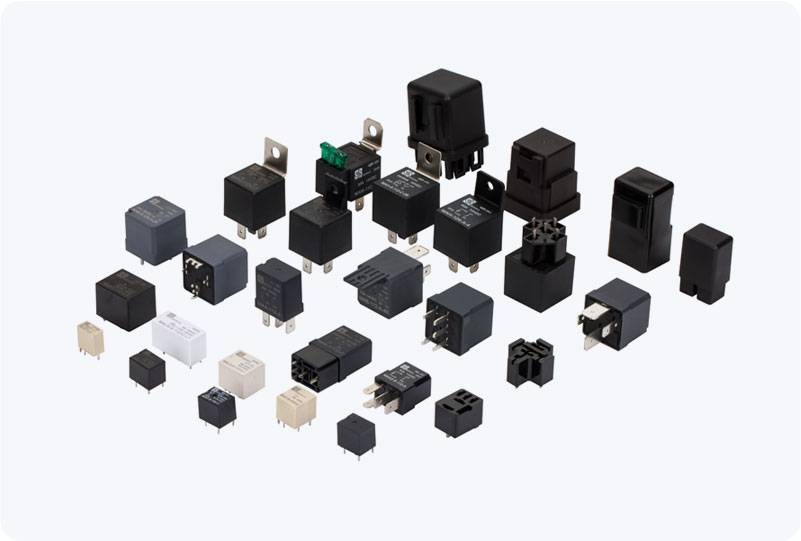High Current Power Relays are crucial components in modern electrical systems, designed to control high-power loads with precision and reliability. These relays are used in a variety of industries, including automotive, energy, and industrial machinery, where managing high electrical currents is essential for safety, performance, and efficiency. This article explores the features, applications, and considerations when choosing a High Current Power Relay for your system.

What is a High Current Power Relay? A High Current Power Relay is an electrical switch that uses an electromagnetic mechanism to control the flow of electricity in high-current applications. It typically consists of a coil and a set of contacts. When an electric current flows through the coil, it generates a magnetic field that either opens or closes the contacts, thus enabling or disabling the flow of electricity through the circuit. What sets High Current Power Relays apart from standard relays is their ability to handle much higher current ratings—typically from several amperes to several hundred amperes—without overheating or damaging the relay’s components. These relays are specifically designed to switch heavy-duty electrical systems on and off, which may involve controlling motors, generators, or industrial equipment.